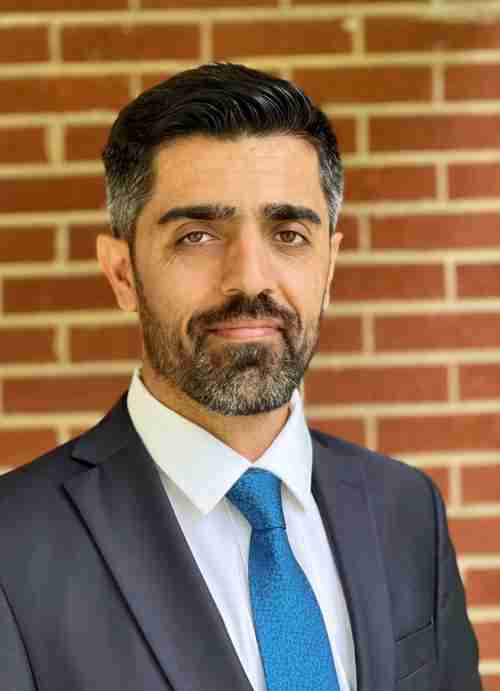On the latest episode of The New Region's GeoSpace podcast, host Mohammed A. Salih and Sardar Aziz, an expert on Kurdish and regional affairs who has served as a senior advisor to the Kurdish parliament, broke down the impacts of the 12-day conflict between Israel and Iran on the latter's Kurdish minority.
The pair began the podcast with a general overview of the war, with Aziz noting that Iran has "tried hard" to keep the conflict away from its "national territory" and put in place "deterrents" by taking the fight to Israel through their proxies in Lebanon, Syria, Yemen, and Iraq, adding that those deterrents "collapsed" and the violence ultimately reached Iran itself.
Parties within Israel now eye a "greater Israel," said Aziz, an Israel that can "reshape the region" and address the threats facing Tel Aviv, with the main challenge coming from Iran and its non-state actors, which have all been "severely weakened or almost gone, and this is, I think, done with the support of the US."
In response to a question by host Salih, asking why components within Iran, Kurds in particular, did not rise during the chaos of the conflict, the Middle Eastern affairs expert pointed to the survival of the Iranian regime, adding that the Kurds and other Iranian minorities bided their time. Aziz said their reservations have been validated as the regime could have cracked down on dissent had they taken action against it, adding that Tehran "has never hesitated to use force, to use violence" to bring internal movements under control.
Aziz said that moving at a time like that would have led any revolutionary component to be tarnished for being "backed by the outsider" and face accusations of serving a foreign agenda.
Aziz noted that organizing a revolt would have been difficult due to the lack of communication and the barrages of Israeli fire raining down on Iran's skies, remarking that it was "somehow foolish" of Israel to be optimistic that a revolution would emerge on the ground while they wreak havoc through aerial bombardment.
The pair then went on to discuss Iran's treatment of its population, its minorities in particular, who refrained from seizing the turmoil to rise against the state, raising questions about the allegiance of often disenfranchised groups to the central government. They also mused upon the overall strategy of the government in Iran, insofar as whether it will "open up" to the international community and embrace its components or isolate itself even further from the global stage in the aftermath of the brawl, and the response—or the lack thereof—by Iraq's Iran-backed militias during the 12-day conflict.

 Facebook
Facebook
 LinkedIn
LinkedIn
 Telegram
Telegram
 X
X
